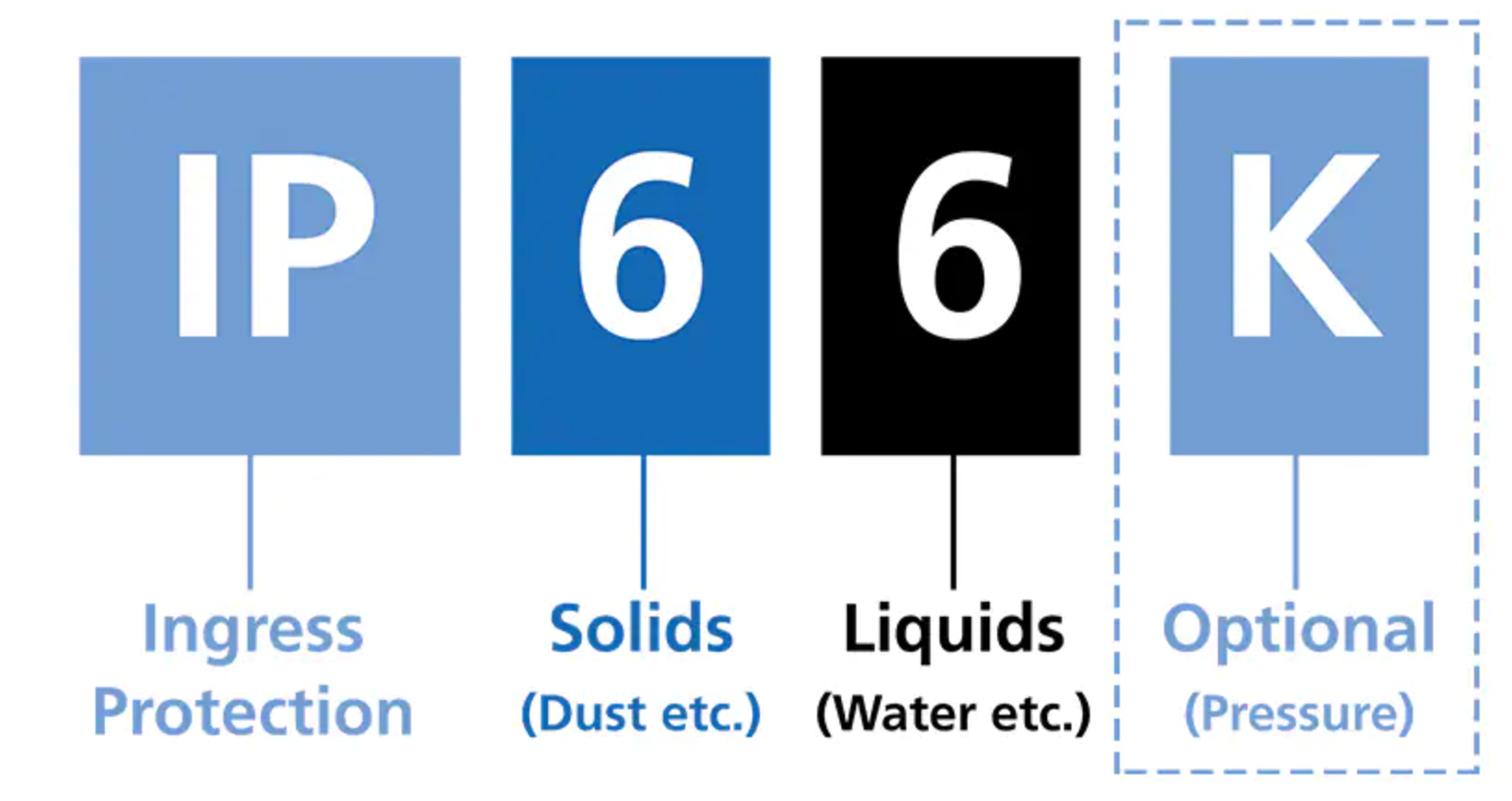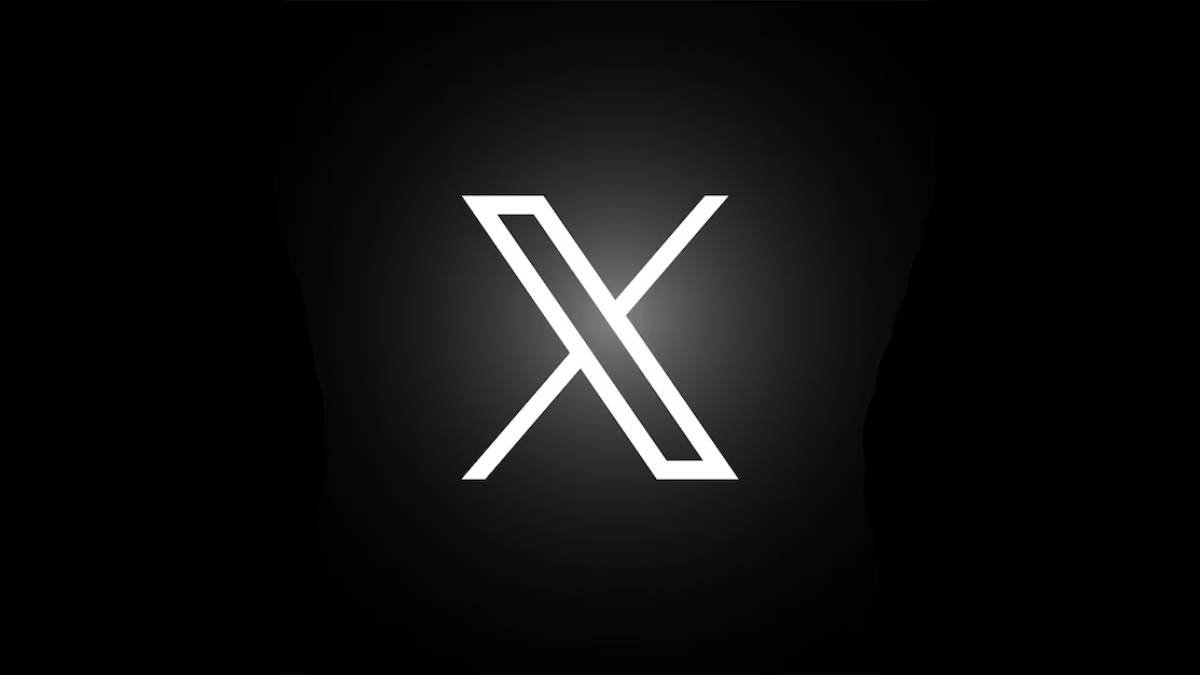The British Broadcasting Corporation (BBC) has been under scrutiny for airing content associated with anti-Semitic remarks made by individuals associated with its programming, prompting a closer examination of the broadcaster’s content moderation and ethical standards.
Key Highlights:
- The BBC dropped an Apprentice contestant from its spin-off show due to antisemitic social media posts.
- The decision followed a letter from the Board of Deputies of British Jews, leading to significant editing of content related to the contestant, Asif Munaf.
- Munaf, who had previously been sent to diversity training by the BBC, continued making controversial statements, including derogatory comments about Zionists.

Incident Overview
Asif Munaf, a former NHS doctor and contestant on The Apprentice, was found to have made a series of antisemitic posts on social media. Despite previous diversity training provided by the BBC, Munaf’s continued derogatory statements about Zionists led to his removal from the spin-off show You’re Fired. The Board of Deputies of British Jews played a pivotal role in bringing this issue to the BBC’s attention, urging a reconsideration of Munaf’s participation and advocating for a public apology to the Jewish community.
BBC’s Response and Public Reaction
The BBC’s decision to edit out Munaf’s participation in the You’re Fired show came after the Board of Deputies of British Jews sent a direct letter to the BBC’s leadership. The board’s intervention underscores the broader community’s concern over the handling of antisemitism and the responsibility of media organizations to prevent the spread of hate speech. Munaf’s reaction to being cut from the show, including a series of defiant messages on social media, added to the controversy.
Analysis and Opinion
This incident sheds light on the challenges media organizations face in moderating content and the implications of social media behavior on public figures’ careers. The BBC’s response, while a step in addressing the immediate issue, opens up broader questions about the effectiveness of diversity training and the mechanisms in place to ensure that individuals representing the organization adhere to its values and ethical standards.
In summary,
The BBC’s encounter with antisemitism within its programming highlights the delicate balance between freedom of expression and the responsibility to combat hate speech. As media platforms continue to grapple with these issues, the effectiveness of their responses will be closely watched by both the public and advocacy groups.





























